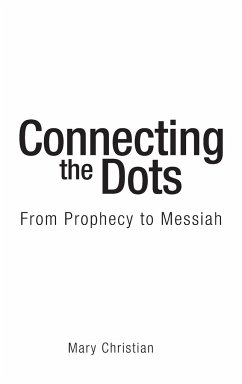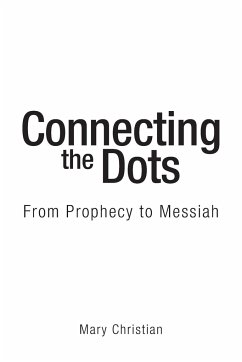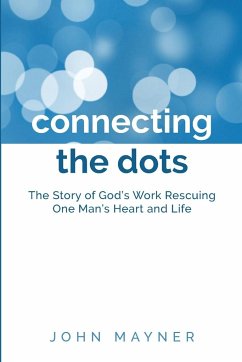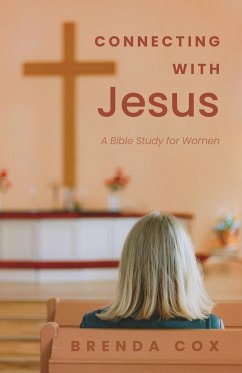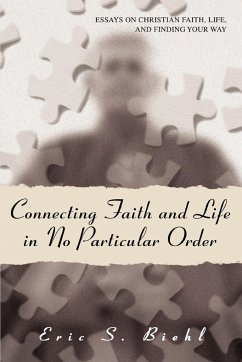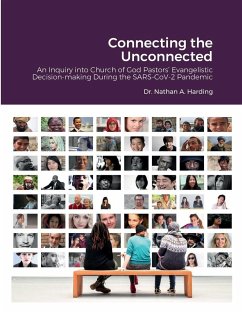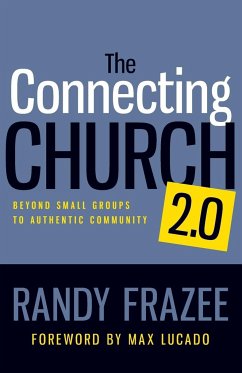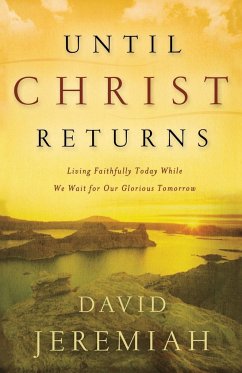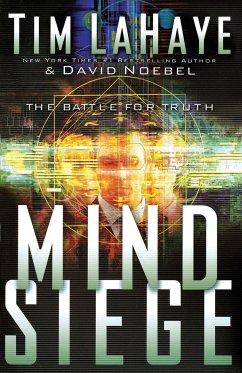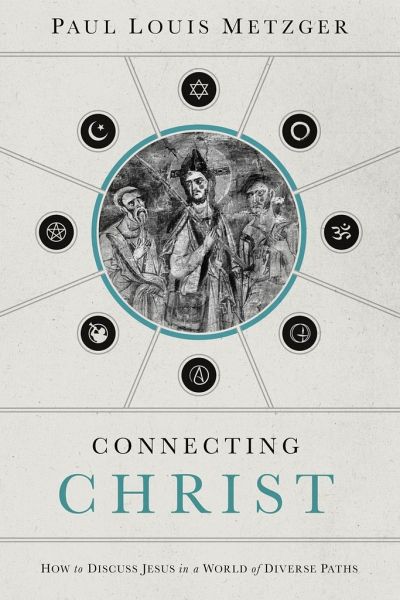
A Connecting Christ
How to Discuss Jesus in a World of Diverse Paths
Versandkostenfrei!
Versandfertig in 1-2 Wochen
17,99 €
inkl. MwSt.

PAYBACK Punkte
9 °P sammeln!
We live in a multifaith society: an ever-growing, diverse cultural climate, where no religion is viewed as having a monopoly on truth. It is important when that Christ-followers not only share the Word of God but also listen and learn how to interact meaningfully with those of diverse perspectives as we engage in life's most important conversations. Connecting Christ encourages believers to be not only better communicators and witnesses but also listeners to people of other worldviews and traditions--skills that are crucial in defending against today's negative connotations and ineffective app...
We live in a multifaith society: an ever-growing, diverse cultural climate, where no religion is viewed as having a monopoly on truth. It is important when that Christ-followers not only share the Word of God but also listen and learn how to interact meaningfully with those of diverse perspectives as we engage in life's most important conversations. Connecting Christ encourages believers to be not only better communicators and witnesses but also listeners to people of other worldviews and traditions--skills that are crucial in defending against today's negative connotations and ineffective approaches associated with Christian evangelism. With extensive commentary from leaders of various walks of faith and life -- from Judaism to Islam and Buddhism to atheism --theologian and author Dr. Paul Louis Metzger offers a spiritual compass to help navigate the intimidating yet critical dialogue of conveying our faith in Christ. Filled with practical guidance and insight into controversial topics, such as hell, fascism, and homosexuality, Connecting Christ reveals that there is a way of evangelizing that is neither disengaging monologue nor silent, lifestyle ministry but is, instead, an approach for evangelism and dialogue to go hand-in-hand. We must remove ourselves as the stumbling block to salvation for others and embrace a way to proclaim the uncommon, compassionate God revealed in Jesus Christ--the Savior this world is dying to know.






